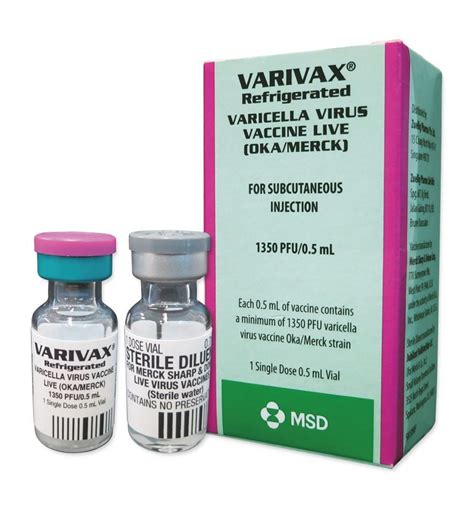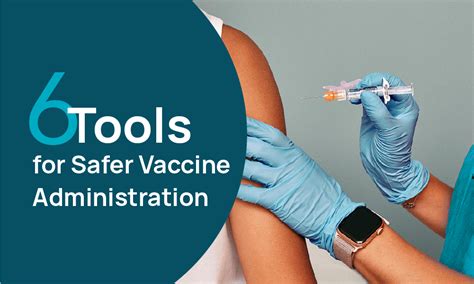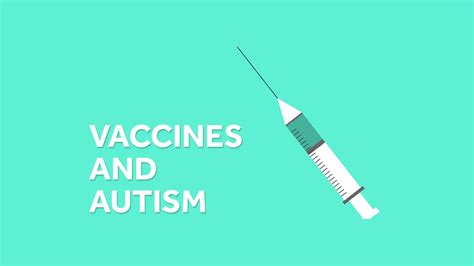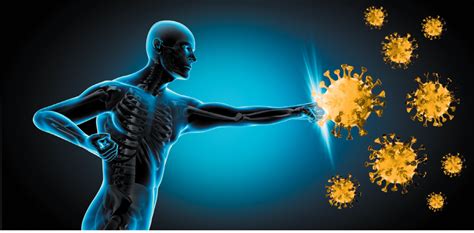Intro
Discover essential 5 Varicella vaccine tips, including chickenpox prevention, vaccine efficacy, and side effects, to protect against the varicella-zoster virus and shingles.
The varicella vaccine, also known as the chickenpox vaccine, has been a crucial component in preventing the spread of varicella-zoster virus, which causes chickenpox. Chickenpox, a highly contagious and common illness, can lead to serious complications, especially in high-risk groups such as young children, pregnant women, and individuals with weakened immune systems. The introduction of the varicella vaccine has significantly reduced the incidence of chickenpox and its related complications. Understanding the varicella vaccine is essential for making informed decisions about vaccination, particularly for parents, caregivers, and individuals at risk.
The importance of vaccination against varicella cannot be overstated. Before the widespread use of the varicella vaccine, chickenpox was a ubiquitous disease that nearly every child contracted at some point during their childhood. While it was often considered a mild illness, it could lead to severe complications, including bacterial infections, pneumonia, and encephalitis. The varicella vaccine has been instrumental in reducing the burden of chickenpox, minimizing its spread, and protecting vulnerable populations. As with any vaccine, there are key points to consider when it comes to the varicella vaccine, including its effectiveness, potential side effects, and administration guidelines.
The varicella vaccine works by introducing a weakened or inactivated form of the varicella-zoster virus to the body, which then triggers an immune response without causing the disease itself. This immune response prepares the body to recognize and fight the virus if it encounters it in the future, providing long-term protection against chickenpox. The vaccine is typically administered in two doses, with the first dose given to children around 12 to 18 months of age and a second dose at 4 to 6 years of age. This schedule can vary depending on factors such as the child's health status and the country's vaccination policies.
Understanding the Varicella Vaccine

Understanding how the varicella vaccine works is crucial for appreciating its benefits and limitations. The vaccine's mechanism of action involves stimulating the body's immune system to produce antibodies and immune cells that can recognize and combat the varicella-zoster virus. This not only protects the individual from developing chickenpox but also reduces the risk of spreading the virus to others. Furthermore, the varicella vaccine has been shown to be highly effective in preventing severe cases of chickenpox and reducing the risk of complications, especially in high-risk populations.
Benefits of the Varicella Vaccine
The benefits of the varicella vaccine are multifaceted, including: - **High Efficacy**: The vaccine is highly effective in preventing chickenpox, with a significant reduction in the incidence of the disease observed in vaccinated populations. - **Protection Against Complications**: By preventing chickenpox, the vaccine also reduces the risk of complications associated with the disease, such as bacterial superinfections and neurological problems. - **Herd Immunity**: Widespread vaccination against varicella contributes to herd immunity, protecting individuals who are not vaccinated, such as those with certain medical conditions that preclude vaccination.Administration and Schedule

The administration and schedule of the varicella vaccine are designed to provide optimal protection against chickenpox while minimizing potential side effects. The recommended schedule involves two doses of the vaccine, given at specific ages to ensure that children are protected before they start school and are exposed to larger groups of people. This schedule can be adjusted based on individual health needs and circumstances, such as for children who are immunocompromised or have a history of severe allergic reactions to vaccine components.
Considerations for Special Populations
Certain populations require special consideration when it comes to the varicella vaccine, including: - **Immunocompromised Individuals**: Those with weakened immune systems may not respond as well to the vaccine and may require additional doses or alternative vaccination strategies. - **Pregnant Women**: The varicella vaccine is not recommended for pregnant women, and women are advised to avoid becoming pregnant for at least one month after receiving the vaccine. - **Individuals with a History of Allergic Reactions**: People who have had severe allergic reactions to previous doses of the varicella vaccine or to its components should be cautious and discuss their situation with a healthcare provider.Side Effects and Safety

Like all vaccines, the varicella vaccine can cause side effects, although these are generally mild and temporary. Common side effects include redness, swelling, and pain at the injection site, as well as low-grade fever and fatigue. Serious side effects are rare but can include severe allergic reactions and neurological complications. The safety profile of the varicella vaccine has been extensively studied, and it is considered safe for use in children and adults.
Monitoring and Reporting Side Effects
It is essential to monitor for side effects after vaccination and to report any concerns to a healthcare provider. This includes: - **Mild Side Effects**: Most side effects are mild and resolve on their own within a few days. - **Severe Side Effects**: Rare but serious side effects, such as anaphylaxis or neurological problems, require immediate medical attention. - **Vaccine Adverse Event Reporting System (VAERS)**: The VAERS is a national vaccine safety surveillance program that collects and analyzes data on adverse events following vaccination.Boosting Immunity and Preventing Outbreaks

Boosting immunity through vaccination is a critical component of preventing chickenpox outbreaks. High vaccination coverage rates help to prevent the spread of the varicella-zoster virus, protecting not only the vaccinated individuals but also those who are not vaccinated or are at higher risk of complications. Strategies for boosting immunity and preventing outbreaks include maintaining high vaccination rates, implementing vaccination policies in schools and childcare settings, and promoting awareness about the importance of vaccination.
Community-Based Initiatives
Community-based initiatives play a vital role in promoting vaccination and preventing outbreaks, including: - **Vaccination Campaigns**: Public health campaigns can increase awareness and encourage vaccination among eligible populations. - **School and Childcare Vaccination Requirements**: Policies requiring vaccination for school and childcare attendance can help maintain high vaccination rates. - **Community Education**: Educating the community about the benefits and importance of vaccination can foster a supportive environment for vaccine uptake.Future Directions and Research

Future research directions for the varicella vaccine include improving vaccine efficacy, reducing side effects, and exploring new technologies for vaccine development. Additionally, there is a need for ongoing surveillance of vaccine effectiveness and safety, as well as studies to better understand the long-term protection offered by the vaccine. The development of combination vaccines that protect against multiple diseases, including varicella, is also an area of active research.
Emerging Technologies and Innovations
Emerging technologies and innovations in vaccine development hold promise for improving the varicella vaccine, including: - **mRNA Vaccines**: mRNA technology offers a novel approach to vaccine development, with potential advantages in terms of speed, flexibility, and safety. - **Vector-Based Vaccines**: Vector-based vaccines, which use a harmless virus as a vector to deliver genetic material from the varicella-zoster virus, are being explored for their potential to enhance immune responses.What is the varicella vaccine, and how does it work?
+The varicella vaccine is a vaccine designed to protect against chickenpox, caused by the varicella-zoster virus. It works by introducing a weakened form of the virus to the body, which triggers an immune response, providing long-term protection against the disease.
Who should receive the varicella vaccine?
+The varicella vaccine is recommended for all children, typically given in two doses, and for certain adults who are at high risk of exposure or complications, such as healthcare workers and those with weakened immune systems.
Are there any side effects of the varicella vaccine?
+Common side effects of the varicella vaccine are mild and temporary, including redness and swelling at the injection site, fever, and fatigue. Serious side effects are rare but can include severe allergic reactions and neurological complications.
How effective is the varicella vaccine in preventing chickenpox?
+The varicella vaccine is highly effective in preventing chickenpox, with studies showing a significant reduction in the incidence of the disease among vaccinated populations. It also reduces the risk of complications and severe cases of chickenpox.
Can the varicella vaccine be given to pregnant women or immunocompromised individuals?
+The varicella vaccine is not recommended for pregnant women, and its use in immunocompromised individuals should be cautious and under the guidance of a healthcare provider, as these groups may have altered immune responses or increased risks of complications.
In conclusion, the varicella vaccine is a vital tool in the prevention of chickenpox and its complications. By understanding how the vaccine works, its benefits, potential side effects, and administration guidelines, individuals can make informed decisions about vaccination. As research continues to advance our understanding of the varicella vaccine and its role in public health, it is essential for communities to support vaccination efforts and for individuals to stay informed about the latest developments and recommendations. We invite you to share your thoughts and questions about the varicella vaccine and its impact on public health, and to consider sharing this article with others who may benefit from this information.
